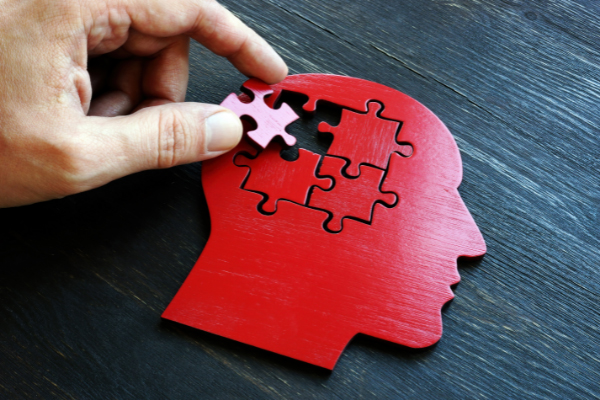Unfortunately, there isn’t an easy definite answer to this question because everyone with a mental health problem is different. Some people with mental illness may only have one experience or episode of mental illness that will last a few days, weeks, or even months.
How Long Does it Take to Recover From Mental Health Disorder?
Still, others with mental illness may have long-term conditions that do not go away and often have to be managed with medication, therapy, and maybe even support groups. It is also possible to not have any symptoms between episodes for long periods, called “in remission.” So when someone is “in remission,” it is very important to know the warning signs as to when you might be having an episode so that people can help you as early as possible, so things don’t get worse. Whether you have a mental illness that is known to go away shortly or one that can last for a long time, we always recommend getting help. Talking to a therapist can be very helpful and constantly talking to one can help not only help you recover from your mental illness but help keep it away. Therapy is a very powerful treatment, that is backed by years of success from therapy.
There Are Many Different Types of Mental Illness
According to the National Institute of Mental Health (NIMH), mental illnesses are common in the United States. Nearly one in five U.S. adults live with a mental illness (51.5 million in 2019). Mental illnesses include many different conditions that vary in severity, ranging from mild to moderate to severe. There are many different types of mental illness. Some common ones include:
- Anxiety disorders, including panic disorder, obsessive-compulsive disorder, and phobias
- Depression, bipolar disorder, and other mood disorders
- Eating disorders
- Personality disorders
- Post-traumatic stress disorder
- Psychotic disorders, including schizophrenia
The Most Common Symptoms of Mental Illness
Even though there are many different mental illnesses and different symptoms for each, here are some common warning signs you or your friends and family can look out for so you can get help as soon as possible.Among the common symptoms of many mental health disorders are:
- Experiencing forgetfulness, confusion, sadness, fear, anger, irritability, or anxiety
- Having constant fights, arguments, or disagreements with family members or friends
- Going through frequent swings in mood that cause problems with relationships
- Feeling numb or lacking empathy
- Being fatigued despite getting enough sleep
- Inability to sleep or sleeping too much
- Using alcohol, illicit drugs, or smoking more than before
- Feeling helpless, lost, or hopeless
- Hearing voices that aren’t there and won’t stop
- Constantly having mental flashbacks that don’t go away
Treatments For A Better Quality Of Life with Our Specialist
Unfortunately, there is no cure for mental illnesses, just like diabetes doesn’t have a cure. But just like diabetes, there is the treatment for mental illnesses. Those people with diabetes who take their medications regularly, make some lifestyle changes, and make an effort to take care of themselves can live long and healthy lives. All of that is considered a treatment for diabetes.Mental illnesses are the same way. There’s no cure for mental illness, but there are lots of effective treatments. People with mental illnesses can recover and live long and healthy lives just like those people with diabetes.
Find Professional Mental Help at Evoke Wellness at Miramar
We at Evoke Wellness at Miramar take mental health issues of all varieties very seriously and provide a safe, nurturing environment where one can learn about the disorders plaguing them from an emotionally unstable life. Our licensed mental health clinicians will fully assess an individual that seems, feels, or has been previously diagnosed with a mental health disorder and meet them exactly where they are in life. GET HELP TODAY!


